Environmental and health impacts of alternative protein sources are proportional to their level of consumption. To promote the uptake of alternative proteins in European diets, they must become more accessible, affordable, and acceptable to consumers.
GIANT LEAPS develops a holistic and multidisciplinary methodology to foster innovative solutions, improve methods to assess the nutritional quality of new proteins, and maximise public and consumers’ acceptance.
To achieve the ‘50% by 2030’ ambition we
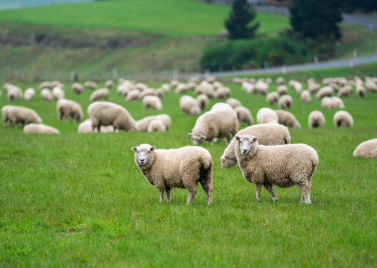
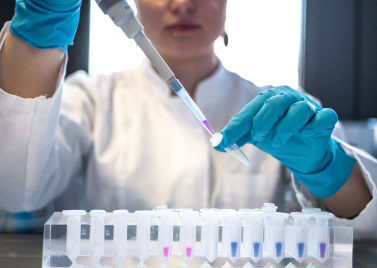
inform and provide solutions to policymakers, businesses and citizens

Our methodology
- Multi-actor and co-creation
- Alternative proteins food processing
- Safety by design
- Digestibility and health benefits
- Sustainability assessment framework
- Data integration
- Dietary shift optimisation

We engage with a wide range of European stakeholders, including policymakers and citizens to better understand local regulations, consumer preferences and food habits. This way, we can identify the protein alternatives more likely to be accepted in specific cultures and target groups across different regions in Europe and promote new food-related policies at the European and national levels.
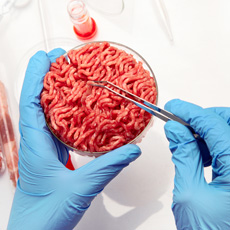
We analyse different processing technologies for developing sustainable, healthy, and nutritious foods using alternative proteins to substitute traditional egg, meat, milk and protein-based foods. By the end of the project, we will deliver 6 food prototypes with innovations across 4 protein categories.
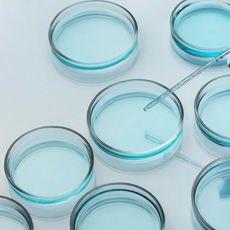
We develop in silico and in vitro predictive models to comprehensively assess the safety and health issues of exploratory protein sources, including allergenicity risk, and ensure post-market surveillance and optimal risk communication to consumers.

We will test the true digestibility of selected alternative protein-based foods to validate our improved animal-free in vitro models and take the next step towards the future of digestion sudies.

We analyse the environmental, social and economic sustainability of possible future diets to provide stakeholders and policymakers with new, detailed knowledge on the potential impact of alternative proteins on the production system, our society, and the environment, including biodiversity and climate, and make a clear comparison with traditional proteins.

We collect existing data on a large collection of alternative proteins and combine them with project-generated data on technological functionality, safety, nutritional quality, and sustainability to create a combined, open-access dataset of health, safety and sustainability-related parameters across a range of alternative proteins that can be reused and extended beyond the scope of the project.
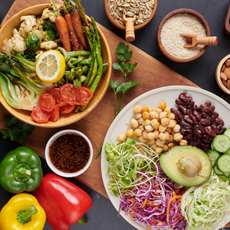
We study current dietary patterns across Europe to investigate the impact of exchanging traditional animal protein foods with alternative protein foods, calculated and optimised for human health and planetary outcomes, and to develop strategies for a successful dietary shift that take into account consumers’ acceptance, economic feasibility, and policy regulations.
